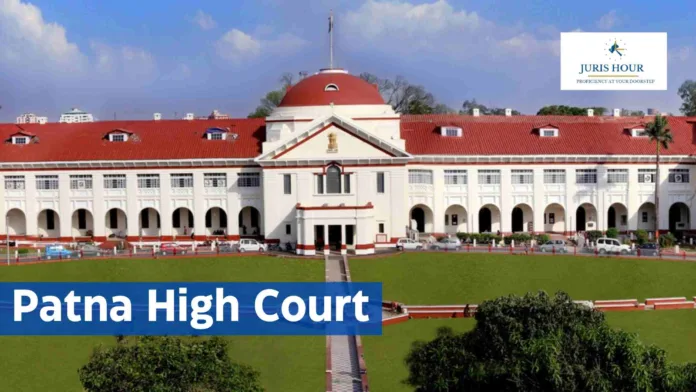The Patna High Court has held that the Central Board of Excise and Customs (CBEC) has no power or authority to extend a time limit for years on end merely to await a decision in another case.
The bench of Justice Rajeev Ranjan Prasad and Justice Ashok Kumar Pandey has observed that when a matter is consigned to the call book and kept in cold storage for years together, it is not on account of it not being possible for the authority to decide the case, but on grounds which are extraneous to the proceedings. In the opinion of this court, when the legislature in its wisdom has prescribed a particular time limit, the CBEC has no power or authority to extend such a time limit for years on end merely to await a decision in another case. The adjudicatory authority is required to decide each case as it comes, unless restrained by an order of a higher forum.
The respondent/department, Assistant Commissioner, Central Goods and Services Tax (CGST) had determined a service tax liability of Rs.5,27,684/- upon the petitioner under Section 73(1) of the Finance Act, 1994 for the financial year 2015-16 (October-March) to 2017-18 (up to June 2017). The Assistant Commissioner has also awarded interest thereon and imposed penalty.
The petitioner/assessee has challenged the order passed by the Respondent department. The petitioner has also prayed for restraining the respondents from taking any coercive action against the petitioner for recovery of any amount of service tax, interest and penalty.
The assessee contended that even as the Respondent Authority invoked extended period of limitation in terms of proviso to Sub-Section (1) of Section 73 of the Finance Act, 1994, it was incumbent upon the said Authority to determine the tax liability either within the prescribed period of one year in terms of clause (b) of Sub-Section (4B) of Section 73 or the Authority was required to show at least prima-facie that it was not possible for him to determine the liability within the prescribed period.
The department contended that the determination of tax liability has been done after approximately three and half years from the date of issuance of show cause notice but the period prescribed under clause (b) of Sub-Section (4B) of Section 73 of the Finance Act, 1994 is not an absolute and mandatory period within which the determination has to be done by the Taxing Authority.
The court while quashing the order held that when the legislature has used the expression “where it is possible to do so”, it means that if in the ordinary course it is possible to determine the amount of duty within the specified time frame, it should be so done.
Case Details
Case Title: M/s Akash Tour and Travel Versus The Union of India
Case No.: Civil Writ Jurisdiction Case No.17163 of 2024
Date: 30-04-2025
Counsel For Petitioner: Aditya Prakash, Advocate
Counsel For Respondent: Dr. K.N. Singh, Additional Solicitor General

